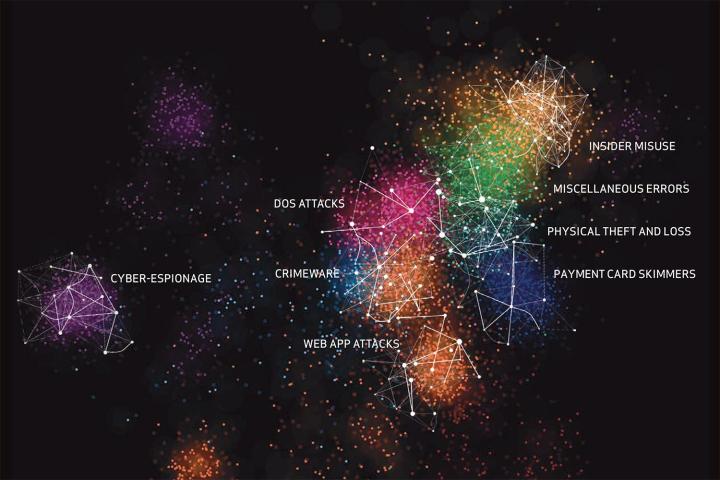
A wide range of industries, groups, and organizations get attacked by hackers constantly, but financial organizations in particular were heavily targeted in 2013, a report from Verizon states.
According to Verizon’s findings, 1,367 confirmed data breaches occurred, along with 63,437 security incidents. Verizon’s report describes an incident as “a security event that compromises the integrity, confidentiality, or availability of an information asset,” while a breach is classified as “an incident that results in the disclosure or potential exposure of data.” In total, 465 incidents of “confirmed data loss” were suffered by the “Finance” industry, the report says, which is tops on the list. The next hardest-hit industry is “Public,” with 175 incidents of “confirmed data loss.”
Of the data breaches confirmed, 35 percent resulted from “Web App Attacks,” while 22 percent occurred as a result of what the report calls “cyber-espionage.” Point of Sale intrusions accounted for 14 percent of 2013’s infiltrations.
“We have more incidents, more sources, and more variation than ever before,” the report says. ” We find it simply astounding that nine out of ten of all breaches observed by 50 global organizations over a full year can be described by nine distinct patterns.”
However, internal human error also contributed to the amount of breaches that occurred. Verizon pegged that at 8 percent of last year’s 1,367 data breaches.
What’s clear is that as the Internet continues to play a greater role in our daily lives, hacking may reach a point where it’s as commonplace of an issue as unsavory weather.

